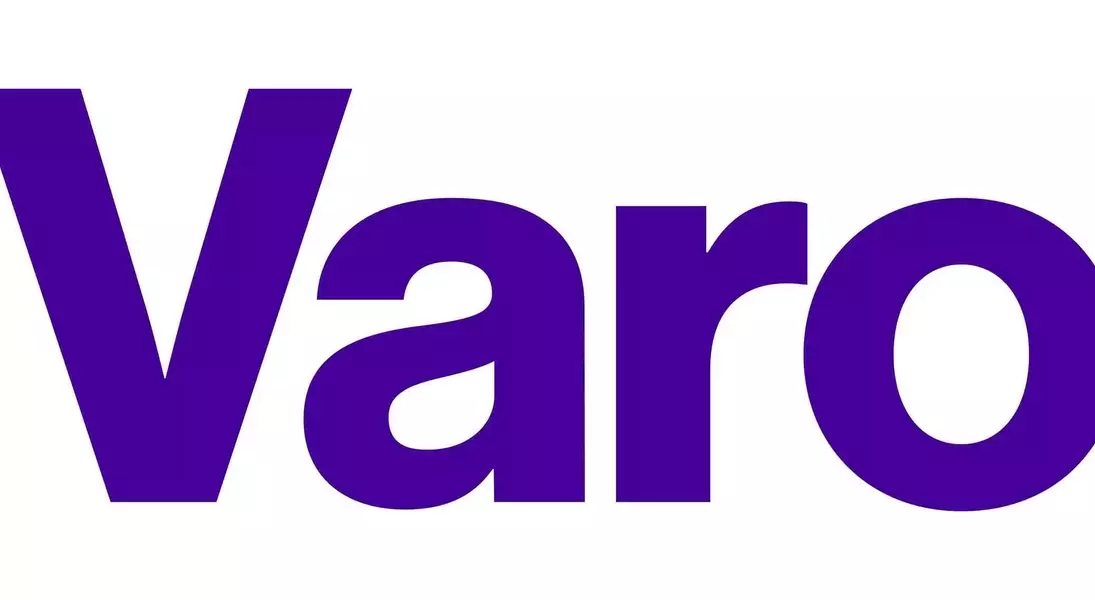




For individuals facing hurdles in securing a conventional bank account due to adverse financial history, often recorded by agencies like ChexSystems, second-chance banking emerges as a crucial lifeline. These specialized accounts are crafted to provide a pathway back into mainstream financial services, helping people manage their money effectively and rebuild their banking reputation. This comprehensive overview delves into prominent second-chance banking options, detailing their unique offerings and how they can facilitate a fresh financial start.
Opening a standard bank account can be a significant challenge when your financial past includes negative marks on your ChexSystems report. ChexSystems, a consumer reporting agency focused on bank accounts, meticulously records issues such as accounts closed due to unpaid fees or those with a history of frequent bounced checks. For those grappling with such entries, traditional banks often deny account applications, leaving individuals in a difficult position. This is precisely where second-chance bank accounts step in, offering a much-needed opportunity to re-engage with the banking system and establish a more stable financial footing.
Among the noteworthy providers of second-chance banking solutions, Chime stands out for its integrated approach, offering both checking and high-yield savings accounts without requiring a credit check or a review of your ChexSystems report. To open an account with Chime, applicants simply need to be over 18, possess a valid Social Security number, and have a U.S. address. The platform is celebrated for its fee-free model, eliminating monthly, overdraft, and foreign transaction fees, along with no minimum deposit or balance requirements. Chime further supports its users with access to an extensive network of over 47,000 fee-free ATMs and the convenience of depositing cash at more than 85,000 retail locations, all while providing a debit card that is widely accepted wherever Visa is processed.
Varo presents another compelling option for those looking to rebuild their credit while accessing banking services. Similar to Chime, Varo does not rely on ChexSystems reports for account approval, making it accessible even to those with poor credit histories or previous account denials. With no minimum deposit, monthly, or overdraft fees, Varo focuses on ease of access. While its primary second-chance account doesn't directly build credit, users can apply for the Varo Believe Card. This secured card reports activity to all three major credit bureaus, offering a direct route to improving one's credit score, provided certain conditions are met, such as having a Varo checking account with funds, no outstanding cash advance balances, and consistent incoming deposits.
For individuals who prefer the structure of traditional banking with the option for in-person services, Wells Fargo offers its Clear Access Checking account as a second-chance alternative. This account does not factor in ChexSystems reports for eligibility, catering to individuals aged 18 and over, with an online application process available. Minors wishing to open an account must visit a branch with a parent or guardian. While there's a modest $25 minimum opening deposit and a $5 monthly maintenance fee, these can often be waived under specific conditions, such as being under 24, having qualifying direct deposits, or participating in the Wells Fargo Worldwide Military Banking program. A significant feature is the absence of overdraft services, which means no overdraft fees, though transactions may be declined if funds are insufficient. Access to a network of over 10,000 Wells Fargo ATMs and branches provides ample flexibility for cash withdrawals and deposits.
A second-chance bank account serves as a vital financial tool for individuals who have encountered rejections from traditional banking institutions, often due to a negative ChexSystems report. These accounts are specifically designed to bridge the gap, enabling people to manage their finances, pay bills, make purchases with a debit card, and receive direct deposits, much like a conventional checking account. While they may sometimes come with distinct fee structures or a more limited array of features compared to standard accounts, their core benefit lies in offering financial inclusion. Available through various channels, including traditional banks, online banks, and credit unions, these accounts are critical for individuals seeking to re-establish their banking relationship and rebuild financial trust.
